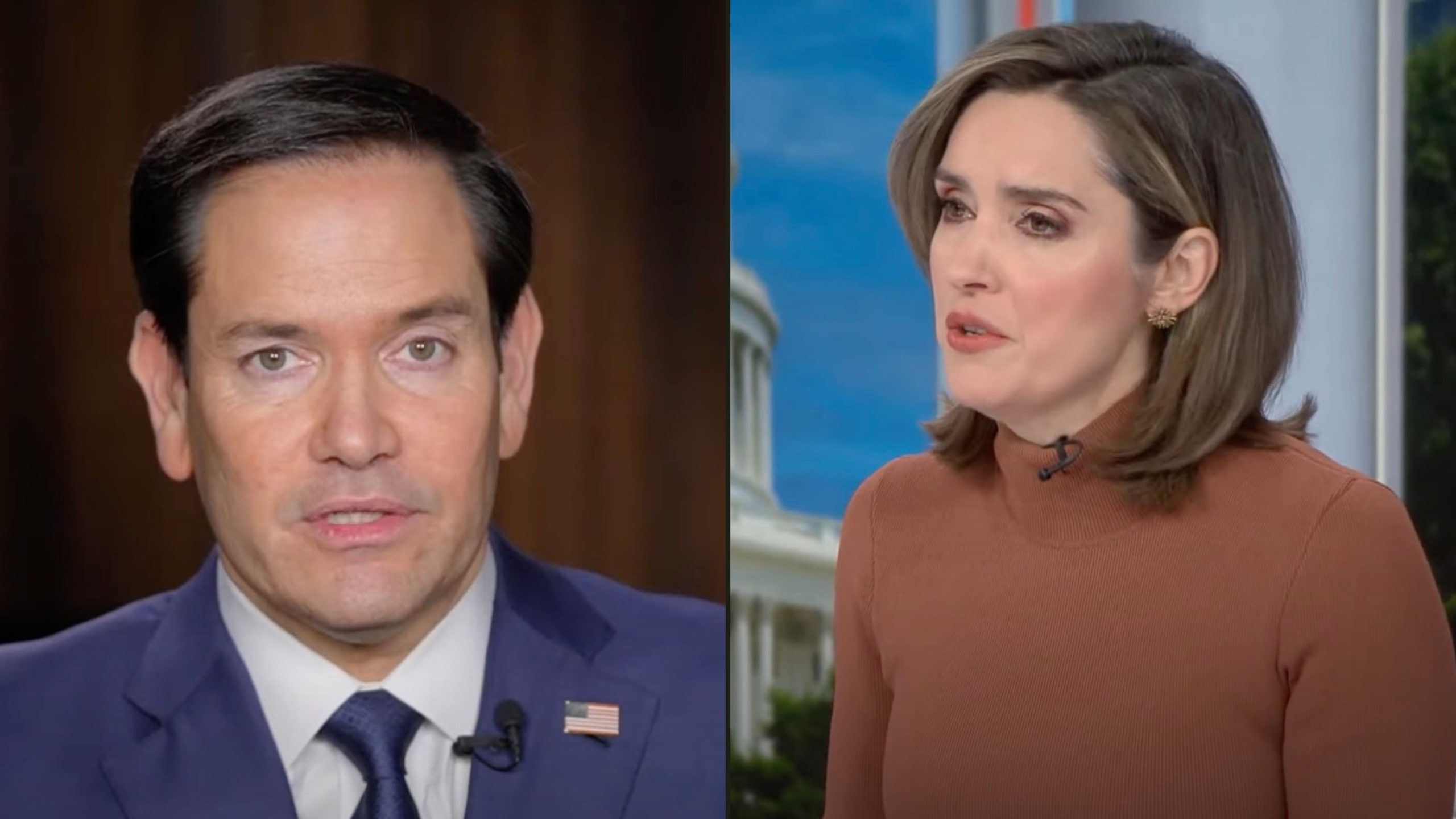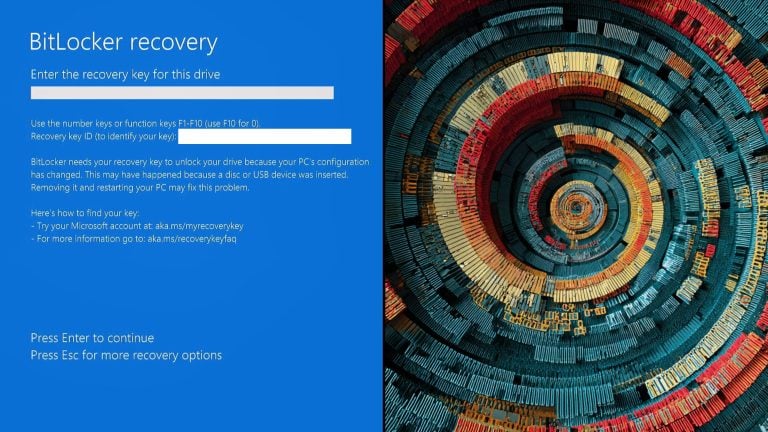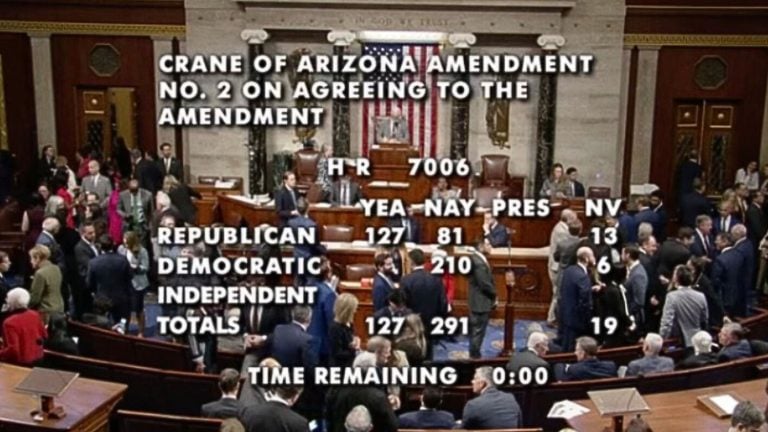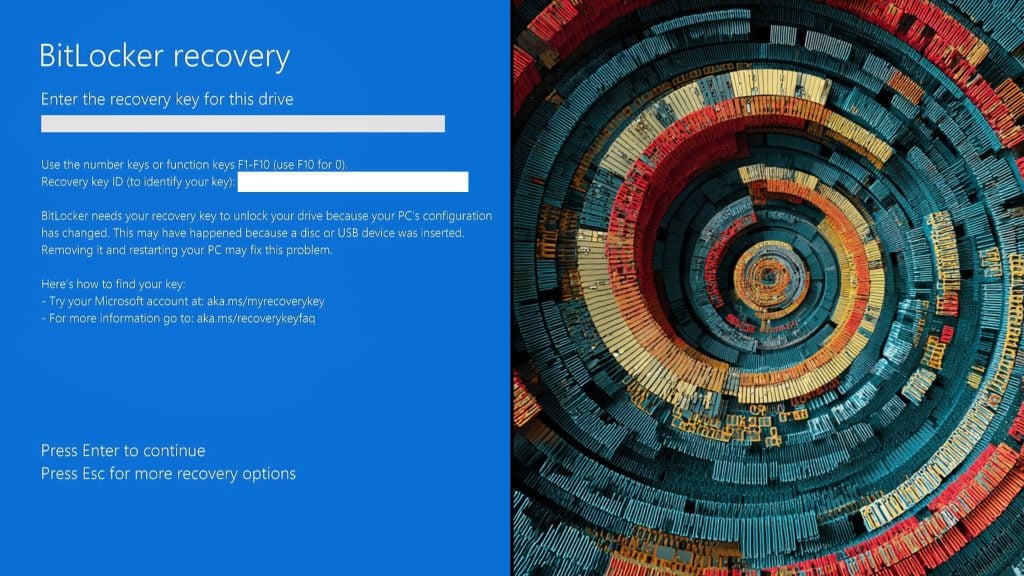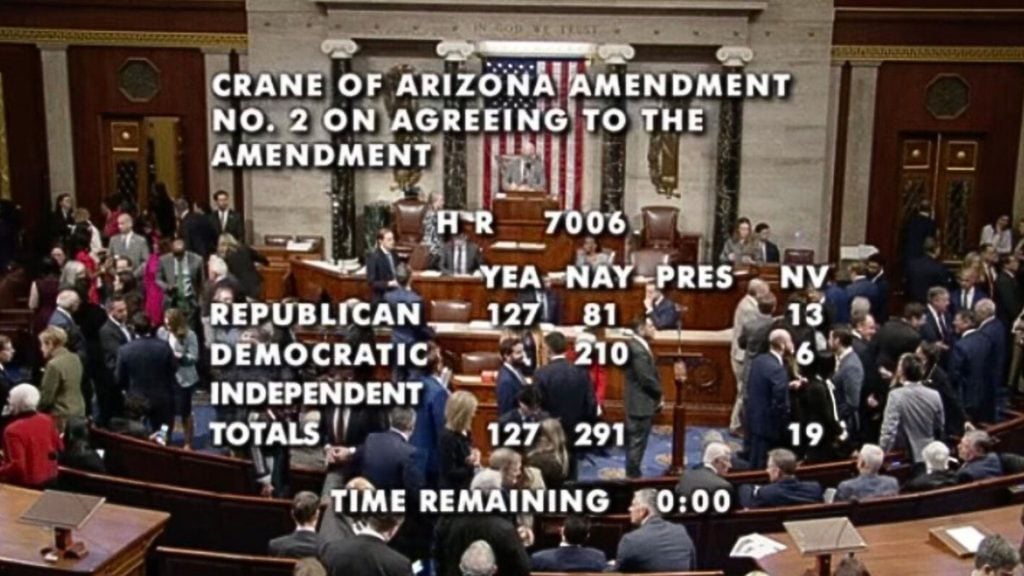During an exchange on CBS’s Face the Nation, US Secretary of State Marco Rubio stood firm in his defense of Vice President JD Vance’s recent speech in Germany, in which Vance condemned Europe’s increasing embrace of censorship. The debate between Rubio and host Margaret Brennan escalated after she linked free speech to the rise of the Nazi regime.
Brennan cited Vance’s address at the Munich Security Conference, where he accused European governments of enforcing a “Soviet”-style approach to controlling speech. She questioned Rubio on the strategic value of such remarks, asking, “What did all of this accomplish, other than irritating our allies?”
Rubio pushed back, arguing that democratic nations should welcome open discussion rather than be angered by it. “Why would our allies or anybody be irritated by free speech and by someone giving their opinion? We are, after all, democracies,” he stated.
“The Munich Security Conference is largely a conference of democracies in which one of the things that we cherish and value is the ability to speak freely and provide your opinions. And so, I think if anyone’s angry about his words, they don’t have to agree with him, but to be angry about it, I think actually makes his point.”
Brennan then attempted to reframe the discussion, bringing up Germany’s past. “Well, he was standing in a country where free speech was weaponized to conduct a genocide,” she asserted.
Rubio immediately rejected the premise. “Well, I have to disagree with you. No – I have, I have to disagree with you,” he said. He went on to correct the historical record, stating, “Free speech was not used to conduct a genocide. The genocide was conducted by an authoritarian Nazi regime that happened to also be genocidal because they hated Jews and they hated minorities and they had a list of people they hated, but primarily the Jews.”
He further emphasized, “There was no free speech in Nazi Germany. There was none. There was also no opposition in Nazi Germany. They were the sole and only party that governed that country. So that’s not an accurate reflection of history.”

